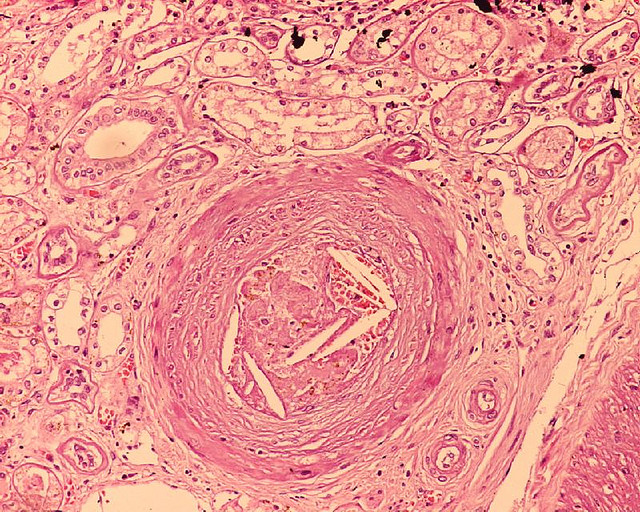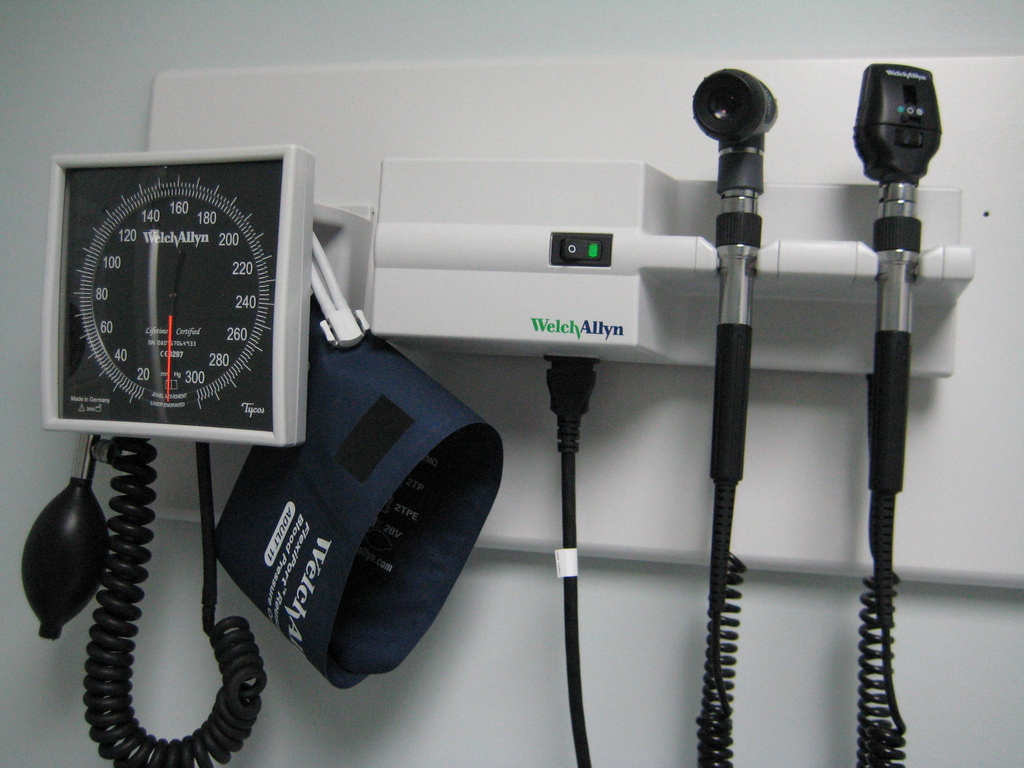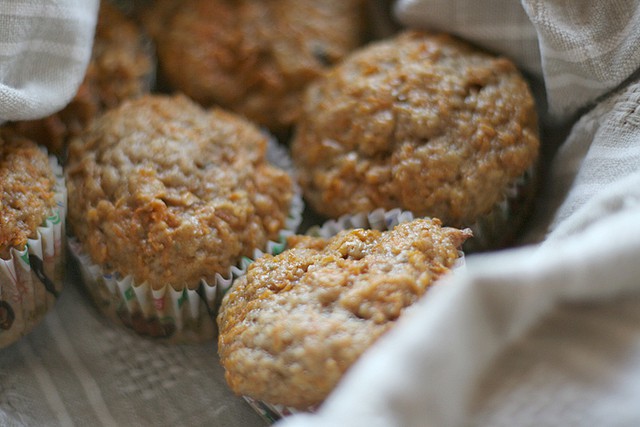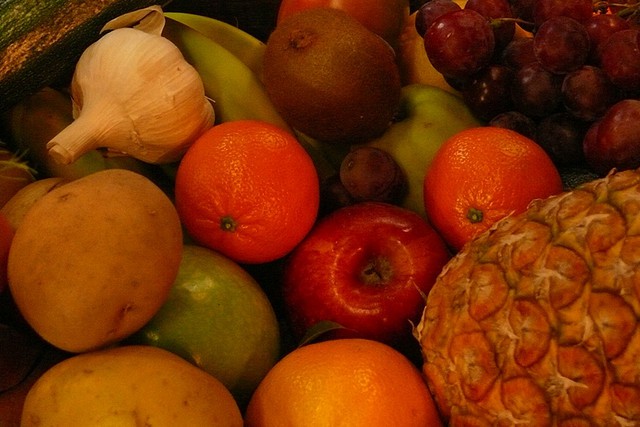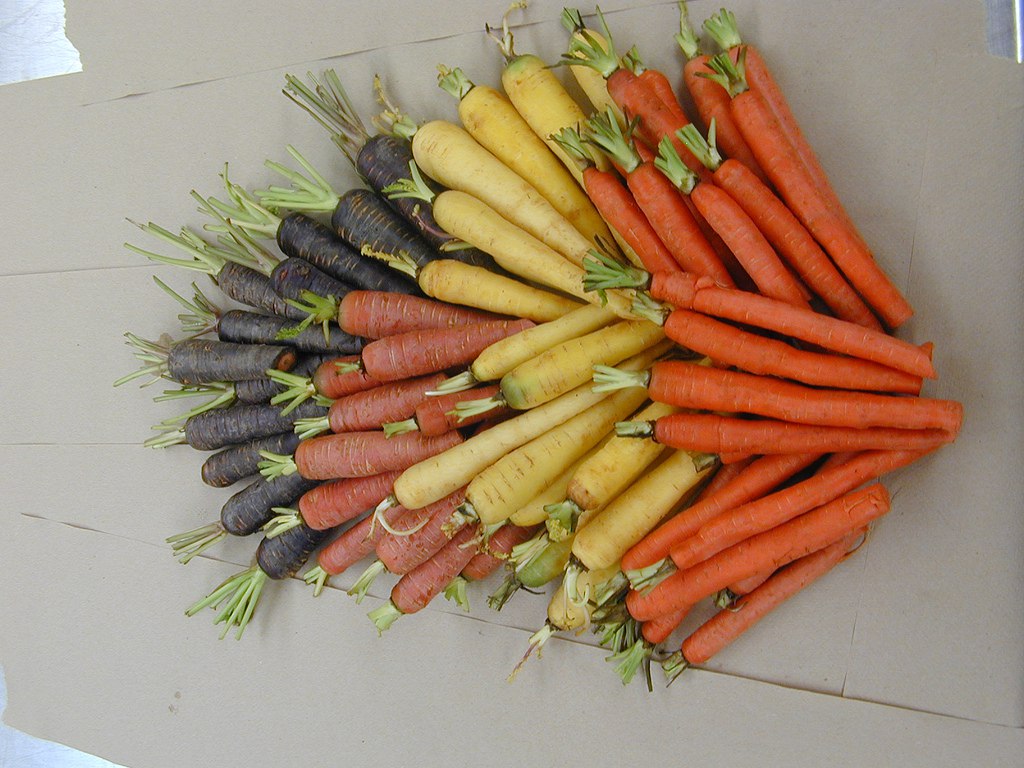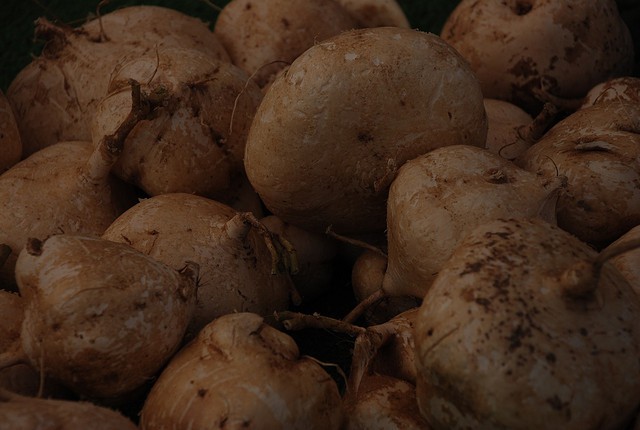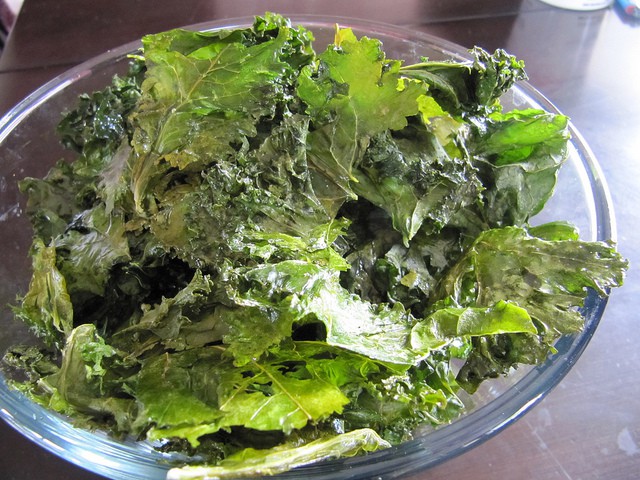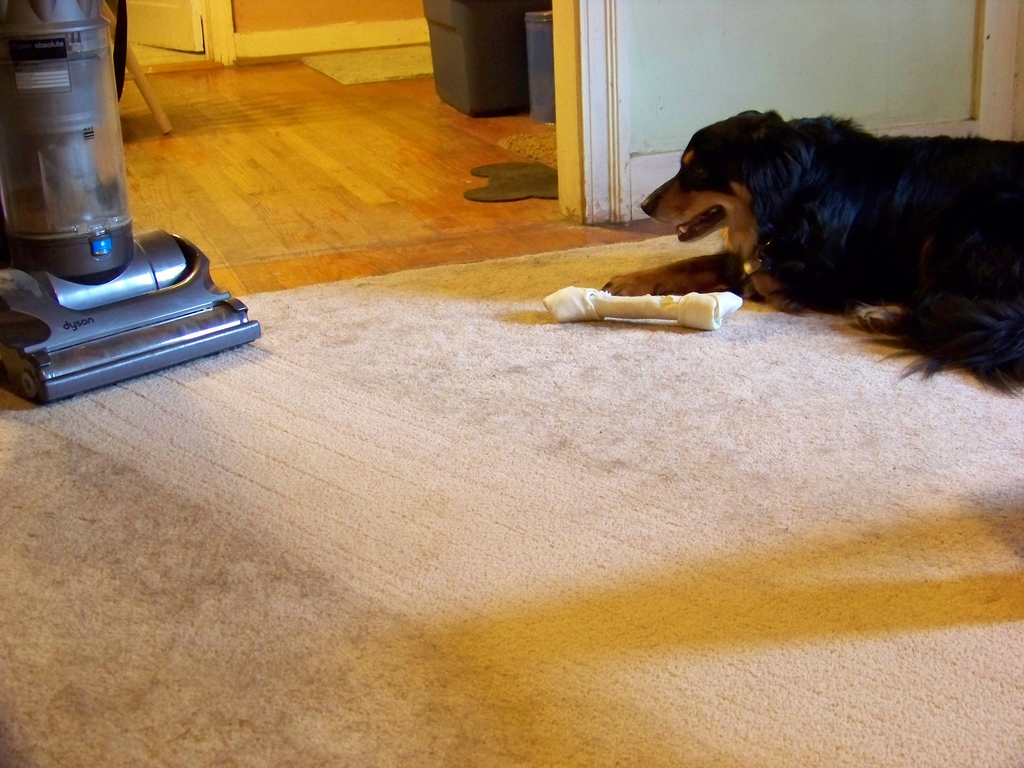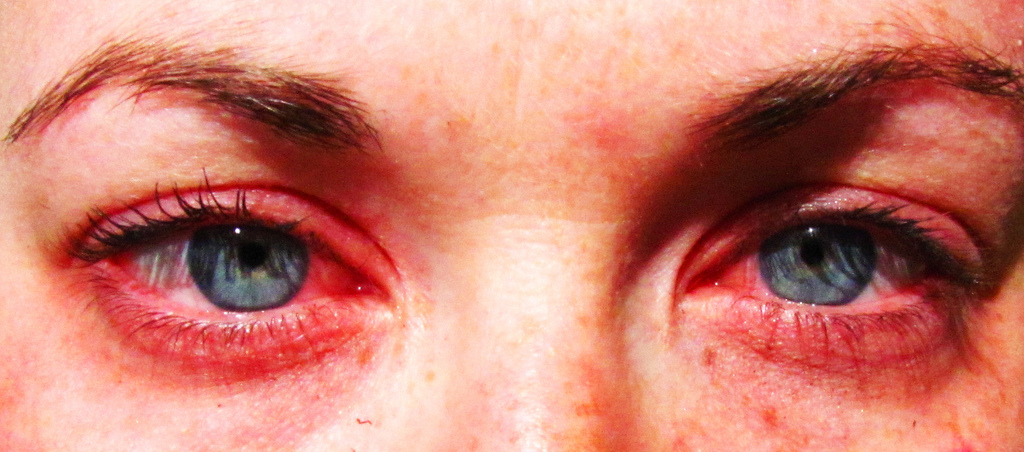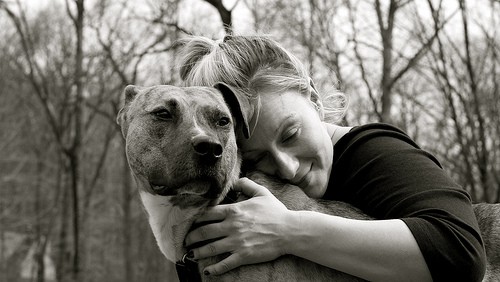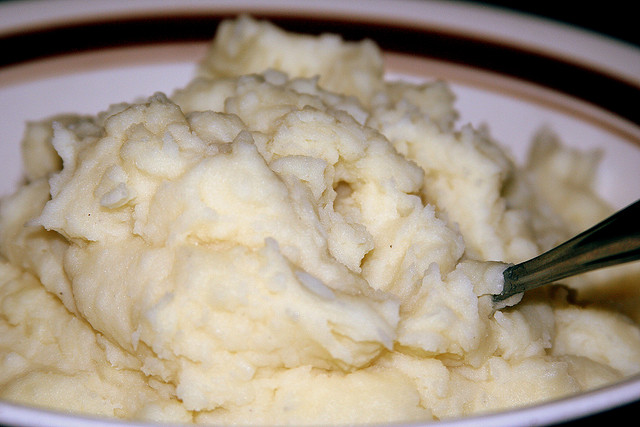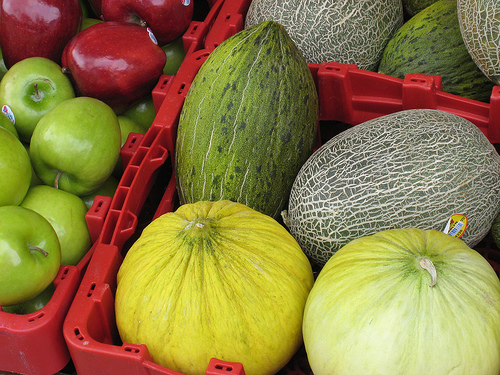Eating at college is an entire new experience for college students. Ordering pizza and eating at fast food restaurants are common. Even though these foods taste great and is convenient, most of them are not healthy for students. Some of the food choices students make can affect whether or not they catch mononucleosis when it hits their campus and whether or not they are able to stay awake during class. It’s not just about eating fast-food, but it’s about not getting the right amount of carbs, minerals, proteins, and vitamins you need as well.

Minerals and vitamins are very important when it comes to protecting the body against different illnesses; and all because minerals and vitamins are important, doesn’t mean you have to buy up every vitamin supplements you see; it’s best that you get these nutrients from food.
You can eat healthy foods in your school cafeteria or buy them from the grocery store. You can find Vitamin A in milk and dairy products, Vitamin C in citrus fruits and Vitamin E in whole wheat products, nuts, and green leafy vegetables. This is the best way to get the nutrition you need. Your body relies on different vitamins for different reasons.
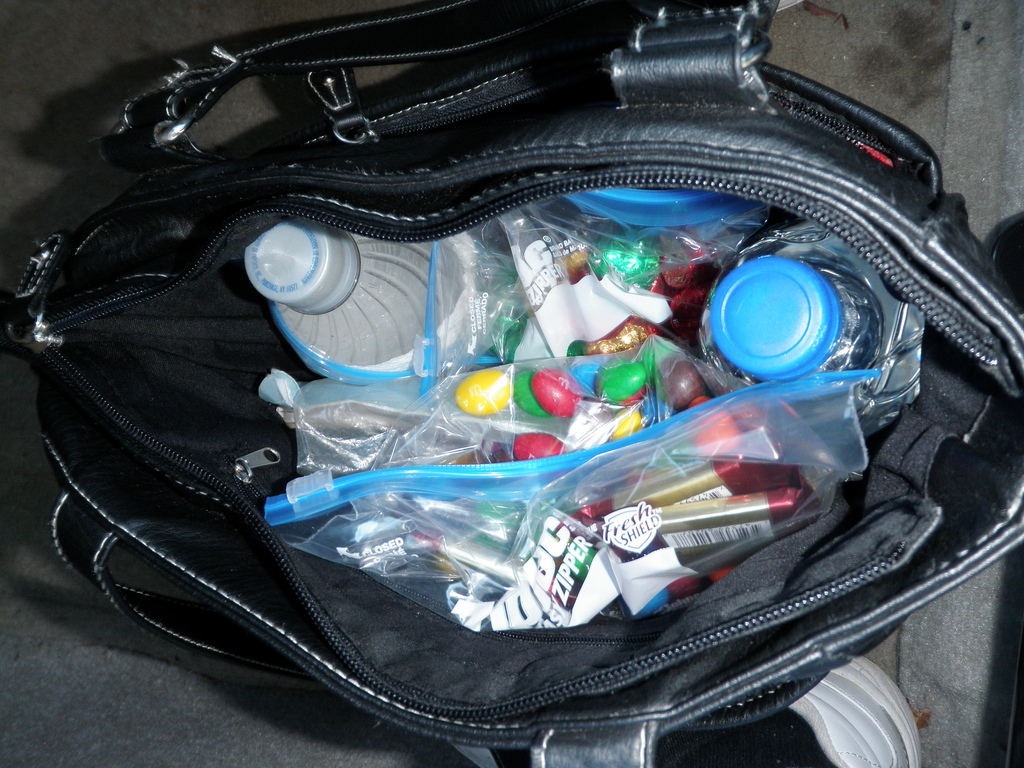
When you eat in your college cafeteria avoid drinking the sodas and head straight to the juice machines. Look around for different options that are available. Go to the salad bar and look for fresh vegetables. If you have a microwave in your dorm room or if there is one available in the cafeteria try to put some broccoli or cauliflower in the microwave for steamed vegetables. There should be some healthy cereals and fresh fruit available in the college cafeteria.
Eating healthy includes eating a well-balanced diet and consuming the right nutrients to keep your body in good health. Remember that eating healthy is not just about avoiding unhealthy foods.
Top photo credit: College Students by CollegeDegrees360
“https://www.flickr.com/photos/83633410@N07/7658261288/player/9673fa20eb
http://creativecommons.org/licenses/by-sa/2.0/legalcode
In text photo credit: Junk Food 365.06 by loonyhiker
“https://www.flickr.com/photos/loonyhiker/4251919757/player/7f1fe0dbcb
http://creativecommons.org/licenses/by-nc-nd/2.0/legalcode
